By Jennifer Bisset
This technology would have been more useful in my mid-30s when she was in her mid-60s and we were the most friendly we’d ever been.
I visited her once a week. We shared a meal she had cooked, and occasionally one I would contribute from a different cuisine. Slow-cooked bolognese or home-made pizza. Mostly Italian.
I don’t know how it came about, but I had this epiphany I would never truly understand my mother if I didn’t learn Mandarin.
I really don’t know how it came about. One day, I was looking at her across the table as we were eating our rice and tomato egg soup I don’t know the Chinese name for, and my favourite mapo tofu (that, I did know the Chinese name for), and I realised we were enjoying each other’s company, but we couldn’t really speak to each other.
She told me about her day. ‘I did park run… did Aldi shop.’ She told me about her taichi group, the new members who had joined. ‘A new one lives nearby. She gave me a lift home.’
But then she paused and winced and exhaled in pain and frustration at herself for not being able to figure out the name of her new friend.
‘Jane? Janice?’ I offered.
It was Janet. She wrote the name down. ‘How do you spell?’
I watched her go find her diary and sit back down with the book splayed open. She looked across at me, waiting. She had never asked me how to spell words before.
I don’t know what exactly spurred her to be more careful with her English. I had given my spiel to her about how, for some reason, we didn’t believe we could do hard things like book a holiday or lodge our taxes without my dad’s help.
‘We rely on him too much. We think he has to help us with everything because we can’t do it right. But we can. We just have to use our own critical thinking and not be afraid to make mistakes.’
I still hadn’t learned Mandarin by the time she was 80, in fairly good health, aside from a few teeth problems and encroaching dementia. The first part to go was all her progress with English. Next, she lost her 50 years of exposure to English while living in Australia, where she had now lived for the majority of her life. She seemed to revert to her 30-year-old Chinese self. She reminded me of her mother.
I had known I would regret not learning Mandarin when I was in my 30s and now, in my 50s, I was suffering the consequences of my inaction. I felt that eldest daughter's guilt of wanting my mother to be happy, but not knowing if I had done enough to help her achieve that.
So when I discovered the room where my words would be translated to Mandarin and her Mandarin to English, I paid for a 3-hour session, knowing we may end up only using 10 minutes.
She held my arm tightly, with more strength than I thought she still had, as we shuffled out to the car. We arrived at the glass-walled centre and entered the huge echoey reception area, where the attendant directed us to the translation rooms.
We sat down in the padded booth, me on one side of the glass, her on the other. I picked up the phone on my side and pointed at the one on her side, miming to her to pick it up. I don’t think she had much awareness of what was going on, but she copied her daughter.
I spoke into the phone, in my voice, in my language.
‘Hi, Mum.’
My mother said immediately:
‘Hi, Melanie?’
It was her voice, but her accent was more well-rounded. She said the syllables of my name with a different intonation. Less staccato. The ‘Mel’ to ‘an’ to ‘ie’ sounded smoother.
‘Yes. Mum, do you notice something different?’
My mum blinked in an exaggerated, comical fashion. She lifted her chin and stared at me through the glass.
‘You’re speaking Mandarin.’
Her voice sounded pleasant. Like the voice of a calm English teacher.
I gave a big nod.
‘And you’re speaking perfect English!’
‘No, I’m speaking Chinese.’
‘We’re at a Wellhaus clinic. It’s where they have loads of technological advancements. Anyway, we can speak now. You can tell me anything you want.’
My mum went still for a moment, and I saw a haunting look grow in her eyes, like she had suddenly developed cataracts, even though her vision wasn’t that bad.
Like she had forgotten I was there, she started to reach the phone back to the holster.
‘Mum! What are you doing?’
My voice jolted her and she held onto the phone.
‘What?’
‘We were talking.’
‘Oh! Yes. Sorry. Yes.’
‘I want to ask you about your childhood.’
‘My childhood? Why?’
‘I want to know what you were like back then. Tell me about your… your high school friends.’
‘That’s so long ago.’
‘Yes, but…’
I realised I was asking her to remember back over 60 years. I couldn’t remember 20 years ago.
‘Never mind. Is there anything you want to ask me?’
I thought she was readying to say it was all too much and she didn’t understand what I was asking her. She started to twist in her chair, turn her head to one side. But she kept hold of the phone.
‘Are you happy?’
Her words surprised me. I don’t think she had ever asked me such a direct question related to my mental health before.
‘Yes. I’m really happy, Mum.’
She smiled the first smile I had seen lift her cheeks for years.
‘Then I’m happy.’
![]()
About the Author
Jennifer Bisset
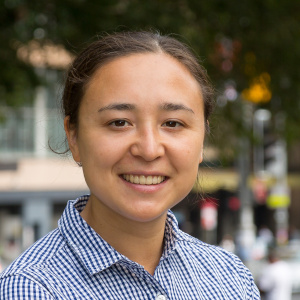 Jennifer Bisset is a speculative fiction writer from Canberra.
Jennifer Bisset is a speculative fiction writer from Canberra.
She has previously worked as a journalist and film critic.
She loves writing about futuristic technology and complex characters who suffer or benefit from it, weaving in her experiences growing up half-Chinese in Australia.
She spends her free time chasing the next best food spot in Canberra and watching episodes of Black Mirror.





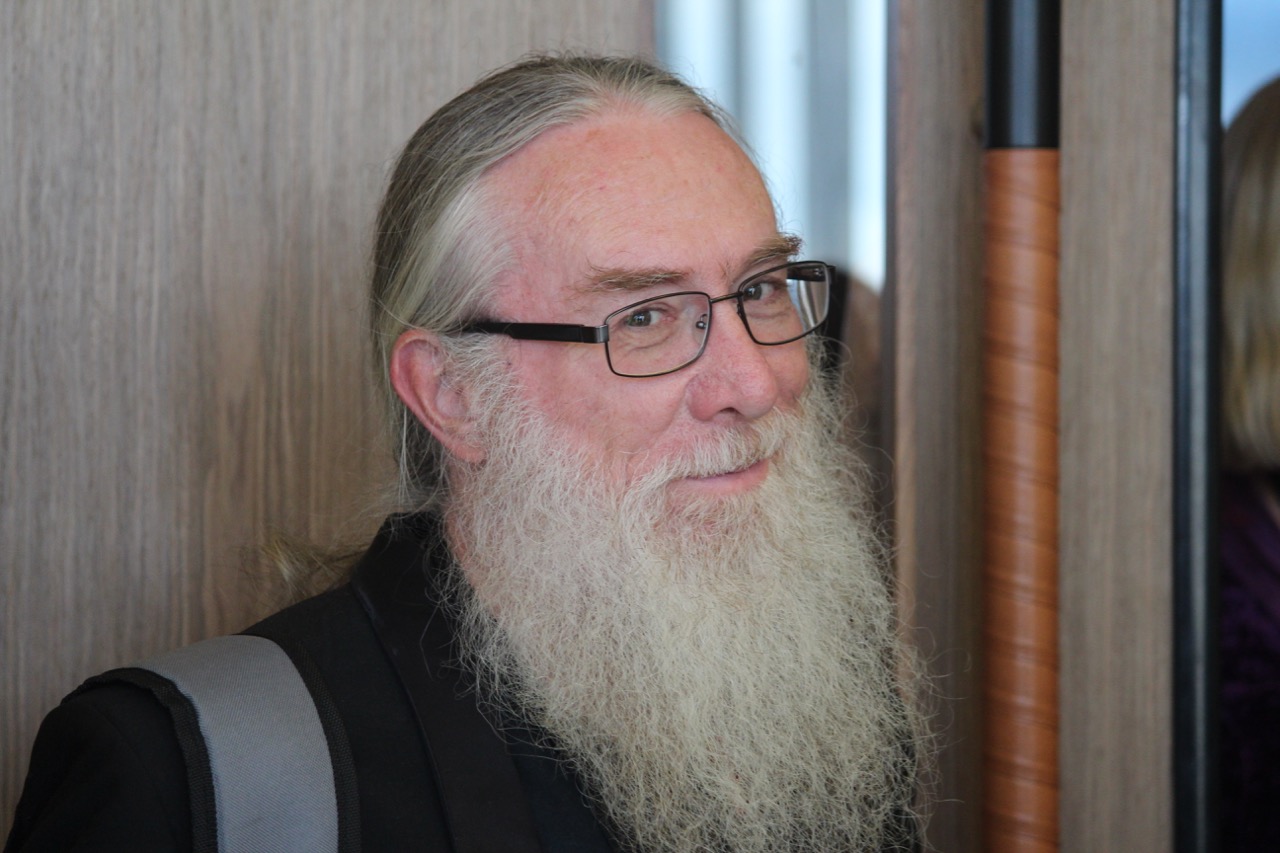




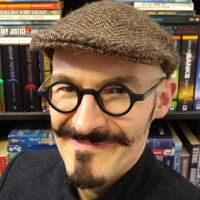




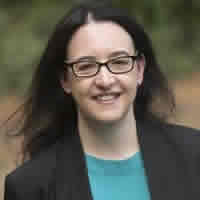
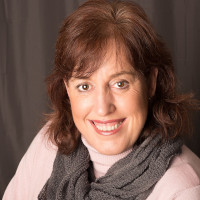 Geraldine Borella writes fiction for children, young adults and adults. Her work has been published by Deadset Press, IFWG Publishing, Wombat Books/Rhiza Edge, AHWA/Midnight Echo, Antipodean SF, Shacklebound Books, Black Ink Fiction, Paramour Ink Fiction, House of Loki and Raven & Drake
Geraldine Borella writes fiction for children, young adults and adults. Her work has been published by Deadset Press, IFWG Publishing, Wombat Books/Rhiza Edge, AHWA/Midnight Echo, Antipodean SF, Shacklebound Books, Black Ink Fiction, Paramour Ink Fiction, House of Loki and Raven & Drake Chuck McKenzie was born in 1970, and still spends much of his time there.
Chuck McKenzie was born in 1970, and still spends much of his time there. Ed lives with his wife plus a magical assortment of native animals in tropical North Queensland.
Ed lives with his wife plus a magical assortment of native animals in tropical North Queensland.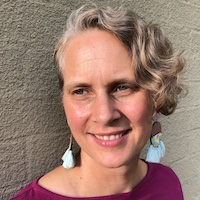 Merri Andrew writes poetry and short fiction, some of which has appeared in Cordite, Be:longing, Baby Teeth and Islet, among other places.
Merri Andrew writes poetry and short fiction, some of which has appeared in Cordite, Be:longing, Baby Teeth and Islet, among other places. Mark is an astrophysicist and space scientist who worked on the Cassini/Huygens mission to Saturn. Following this he worked in computer consultancy, engineering, and high energy research (with a stint at the JET Fusion Torus).
Mark is an astrophysicist and space scientist who worked on the Cassini/Huygens mission to Saturn. Following this he worked in computer consultancy, engineering, and high energy research (with a stint at the JET Fusion Torus).
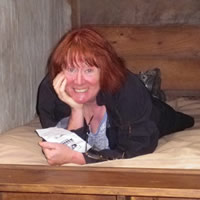 Margaret lives the good life on a small piece of rural New South Wales Australia, with an amazing man, a couple of pets, and several rambunctious wombats.
Margaret lives the good life on a small piece of rural New South Wales Australia, with an amazing man, a couple of pets, and several rambunctious wombats.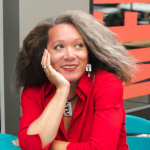 Tara Campbell is an award-winning writer, teacher, Kimbilio Fellow, fiction co-editor at Barrelhouse, and graduate of American University's MFA in Creative Writing.
Tara Campbell is an award-winning writer, teacher, Kimbilio Fellow, fiction co-editor at Barrelhouse, and graduate of American University's MFA in Creative Writing.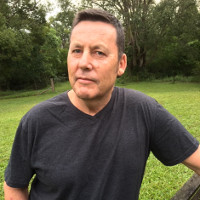 Tim Borella is an Australian author, mainly of short speculative fiction published in anthologies, online and in podcasts.
Tim Borella is an Australian author, mainly of short speculative fiction published in anthologies, online and in podcasts.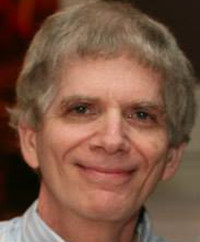 Barry Yedvobnick is a recently retired Biology Professor. He performed molecular biology and genetic research, and taught, at Emory University in Atlanta for 34 years. He is new to fiction writing, and enjoys taking real science a step or two beyond its known boundaries in his
Barry Yedvobnick is a recently retired Biology Professor. He performed molecular biology and genetic research, and taught, at Emory University in Atlanta for 34 years. He is new to fiction writing, and enjoys taking real science a step or two beyond its known boundaries in his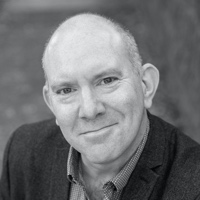 Alistair Lloyd is a Melbourne based writer and narrator who has been consuming good quality science fiction and fantasy most of his life.
Alistair Lloyd is a Melbourne based writer and narrator who has been consuming good quality science fiction and fantasy most of his life.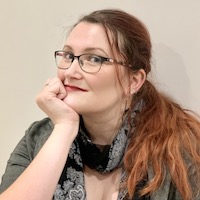 Emma Louise Gill (she/her) is a British-Australian spec fic writer and consumer of vast amounts of coffee. Brought up on a diet of English lit, she rebelled and now spends her time writing explosive space opera and other fantastical things in
Emma Louise Gill (she/her) is a British-Australian spec fic writer and consumer of vast amounts of coffee. Brought up on a diet of English lit, she rebelled and now spends her time writing explosive space opera and other fantastical things in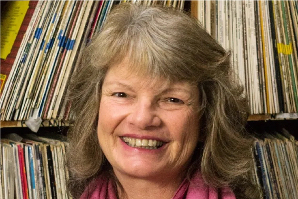 My time at Nambucca Valley Community Radio began back in 2016 after moving into the area from Sydney.
My time at Nambucca Valley Community Radio began back in 2016 after moving into the area from Sydney.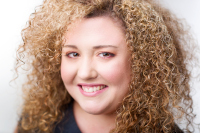 Sarah Jane Justice is an Adelaide-based fiction writer, poet, musician and spoken word artist.
Sarah Jane Justice is an Adelaide-based fiction writer, poet, musician and spoken word artist.